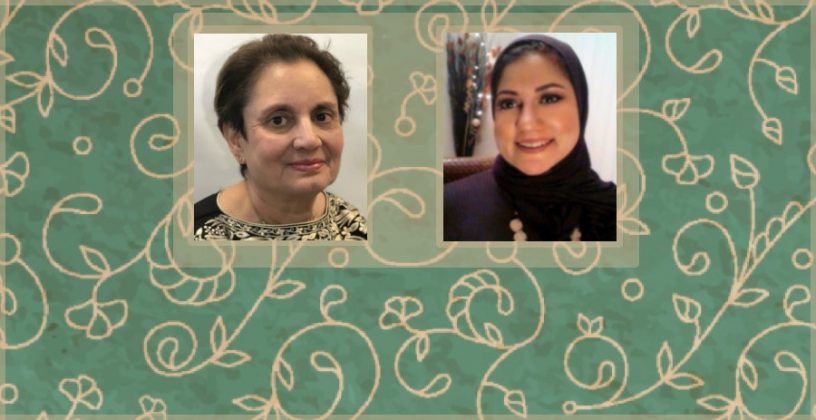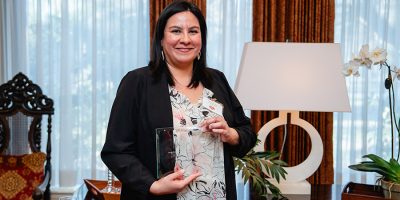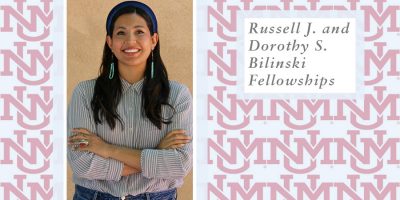Feroza Jussawalla, Professor Emerita of British & Irish literary Studies, and Doaa Omran, PhD alumna in British & Irish Literary Studies and currently an Instructor for our Department, have recently coedited and published a book, Memory, Voice, Identity: Muslim Women Writers from across the Middle East (Routledge, 2021). In this book Jussawalla and Omran endeavor to give voice to the many writers from the Middle East who are not well-known in the West. There is a vast body of recent Muslim women’s creative and scholarly writing from the Middle East that challenges the stereotypes of Muslim women as oppressed and marginalized. The book presents prominent examples of strong women writers such as Out El Kouloub al Demerdashiyya (1899–1968) and Latifa El-Zayat (1923–1996) from Egypt to current diasporic writers such as Tamara Chalabi from Iraq, Mohja Kahf from Syria and even trendy writers such as Alexandra Chreiteh. They furthermore make available scholarship on books which are not yet translated into English, such as those of Ebtissam Shakoush.
Jussawalla and Omran not only give voice to the Muslim women writers they research, but also to the largely Middle-Eastern and younger women scholars writing about those writers. The strength of this volume is that it represents diverse points of view on issues such as reconstructing memories, building identity, the politics of women’s bodies, and nationalism. These diverse perspectives will contribute to Women’s Studies scholarship.
The voices collected here represent the conflicted countries of Iran, Iraq, Palestine, and Syria, from where the majority of refugee and diaspora voices are coming from today. None of these writers are well-known in the West. In fact, the voices of the Turkish Ashiq and the Mauritanian women poets included in this collection, are truly unique with little or no exposure in the West. Most of the scholars contributing their essays are bringing their own voices, contextualized within the countries that they are writing from.
This collection brings together the perspectives of scholars from the Middle East with those of Western scholars, showing Muslim women as contributing writers and scholars. This showcase is contrary to some of the representations, even by respectable Middle Eastern women scholars, that show Muslim women as being oppressed by patriarchy and their governments. The writers and scholars chosen for this book challenge these perspectives. Their book is available for purchase through Routledge and Amazon.




